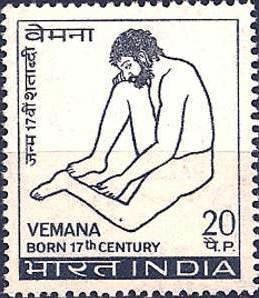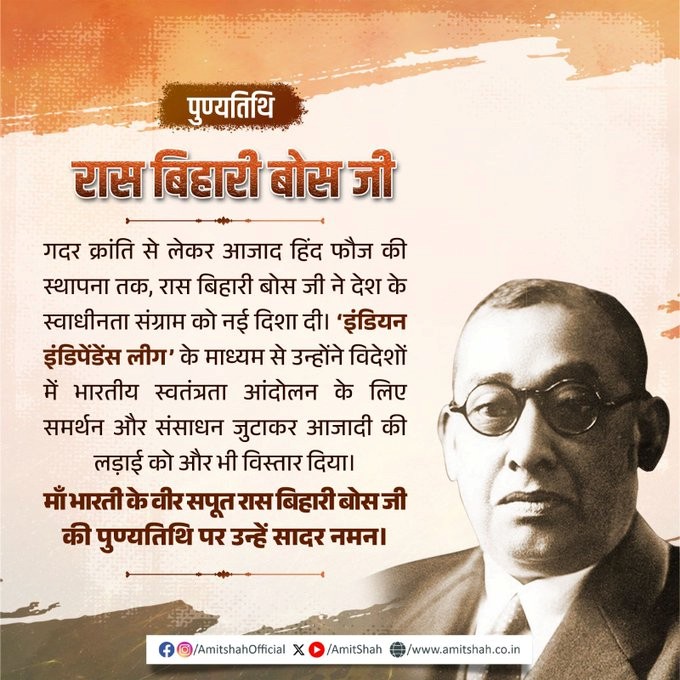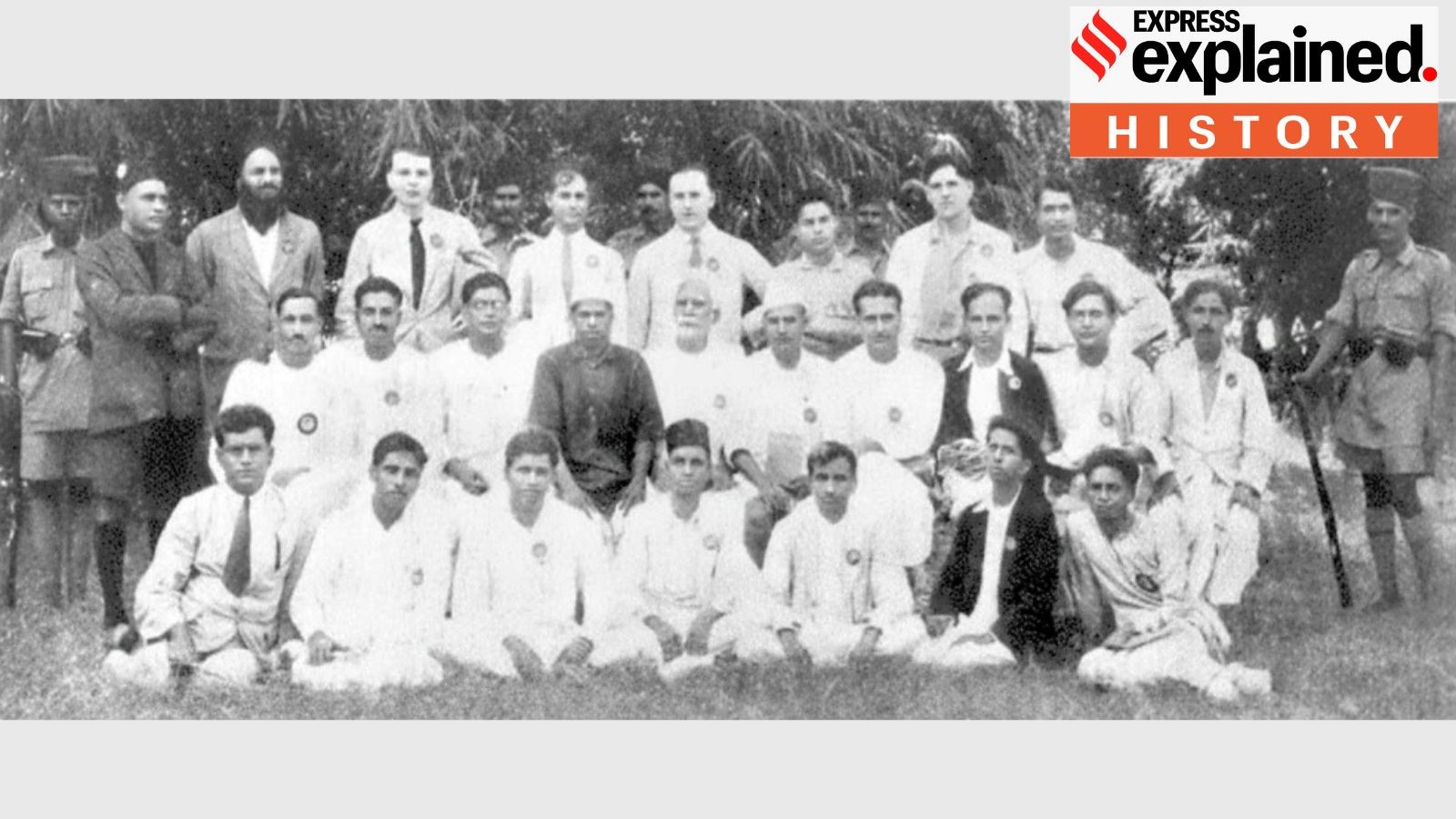Description

Disclaimer: Copyright infringement not intended.
Context
- PM pays tributes to Mahayogi Vemana on occasion of Vemana Jayanti
Details
Early Life and Background
- Yogi Vemana, a revered philosopher and poet, was born in Gandikota, Kadapa district, Andhra Pradesh.
- Scholars differ on his period, with C.P. Brown suggesting a birth year of 1652 based on certain verses.
- Vemana was not only a poet but also a Vedic scholar and a practitioner of achala sidhantha.
Death and Legacy
- Yogi Vemana's final resting place is believed to be in Katarupalli, Anantapur district.
- Due to his yogic practices, he was buried instead of cremated.
- His legacy endures, influencing Telugu literature and philosophy.

Poetic Style
- Vemana's poems are known for their simplicity, using native idioms and colloquial phrases.
- The signature line of his verses is "Viswadaabhi Raama Vinura Vema," with various interpretations.
Literary Contributions
- P. Brown, a notable scholar, collected and published Vemana's poems in the 19th century.
- The verses cover diverse themes, including social, moral, satirical, and mystical aspects.
- Most of his poems follow the Ataveladi meter.
Colloquial Impact
- Many of Yogi Vemana's lines have become colloquial phrases in the Telugu language.
- His works resonate with the common people and continue to be a part of everyday conversation.
Philosophical Themes
- Vemana's poetry delves into profound themes such as yoga, wisdom, and morality.
- The verses provide insights into the transient nature of life and the pursuit of inner wisdom.
Enduring Influence
- Yogi Vemana's contributions have left an indelible mark on Telugu literature and cultural expression.
- His timeless works continue to inspire readers, offering timeless wisdom and spiritual guidance.

Conclusion
In summary, Yogi Vemana, with his roots in Andhra Pradesh, emerges as a poet-philosopher whose enduring legacy and profound insights continue to shape the literary and cultural landscape of Telugu-speaking regions.
|
PRACTICE QUESTION
Q. Discuss the philosophical themes of Yogi Vemana. Examine the impact of his works on Telugu literature and the cultural fabric. (250 Words)
|










